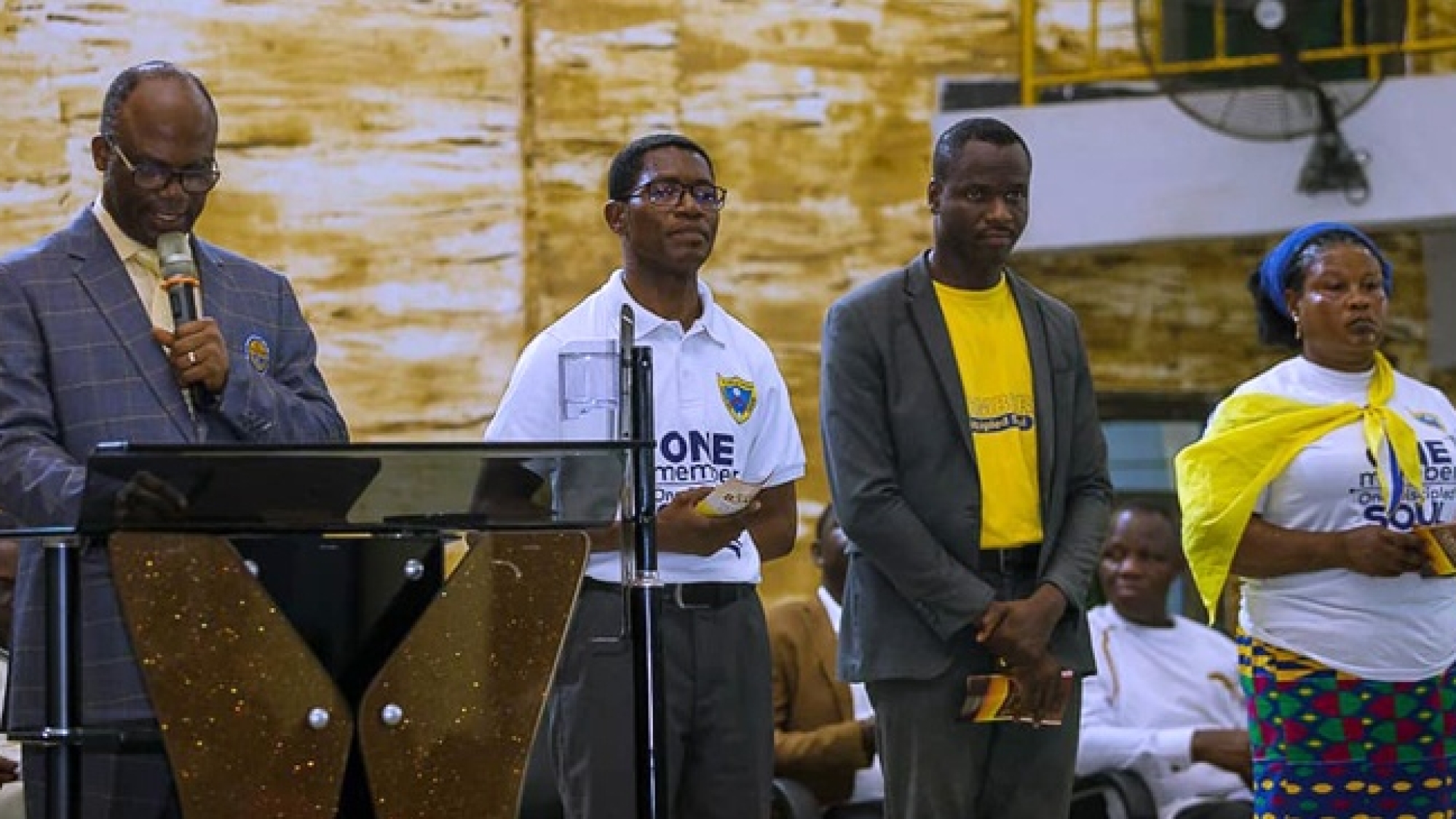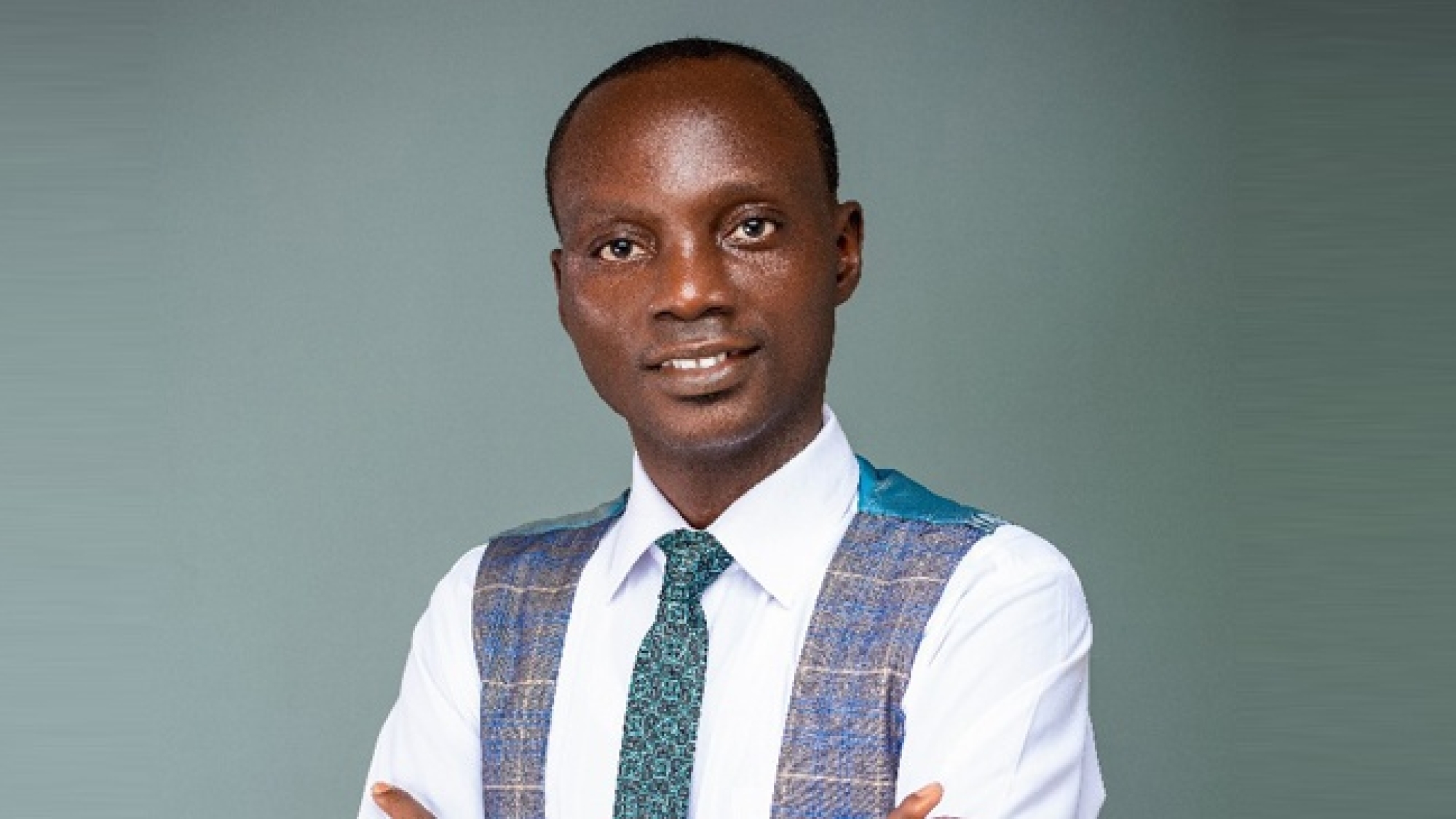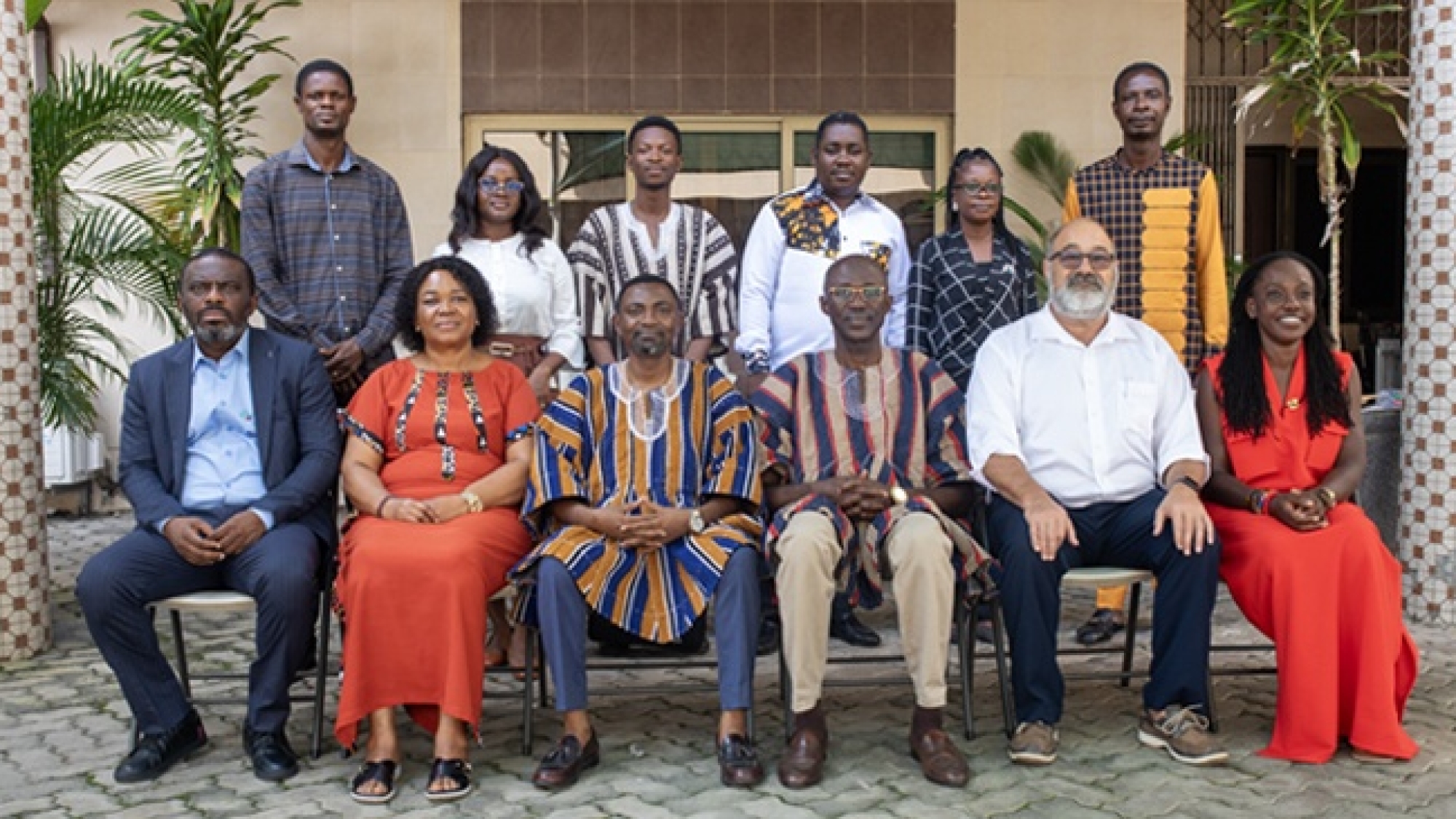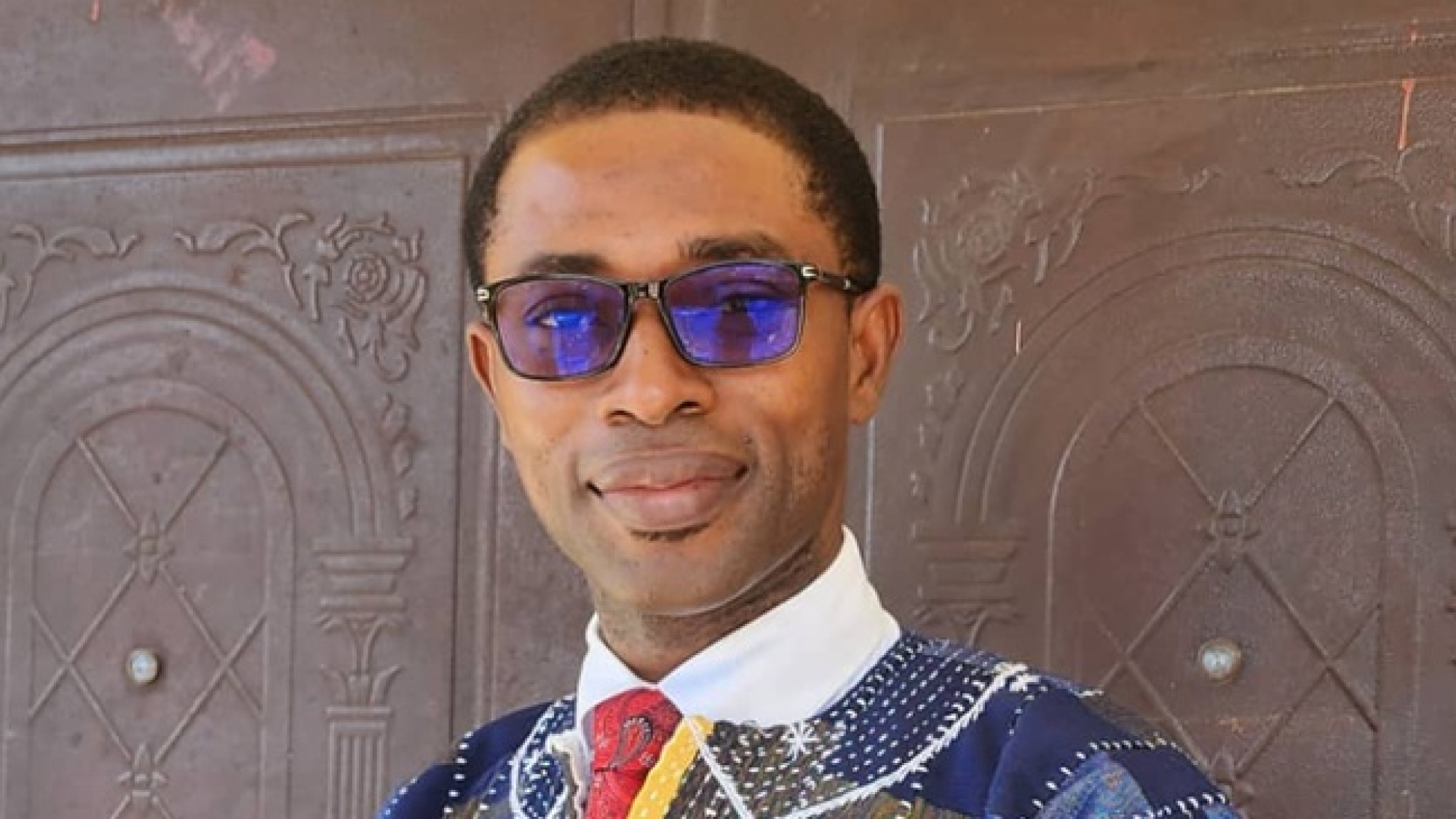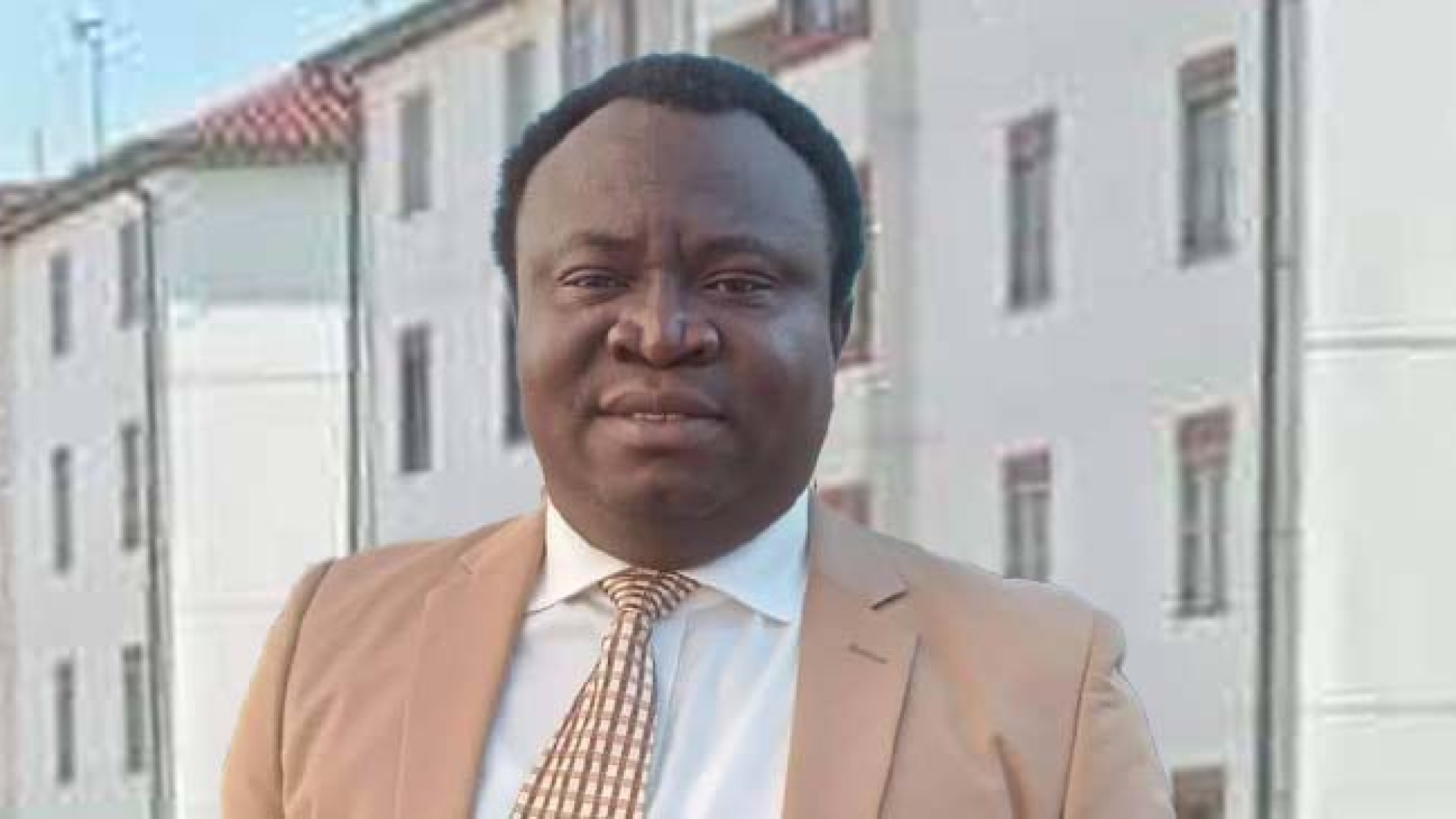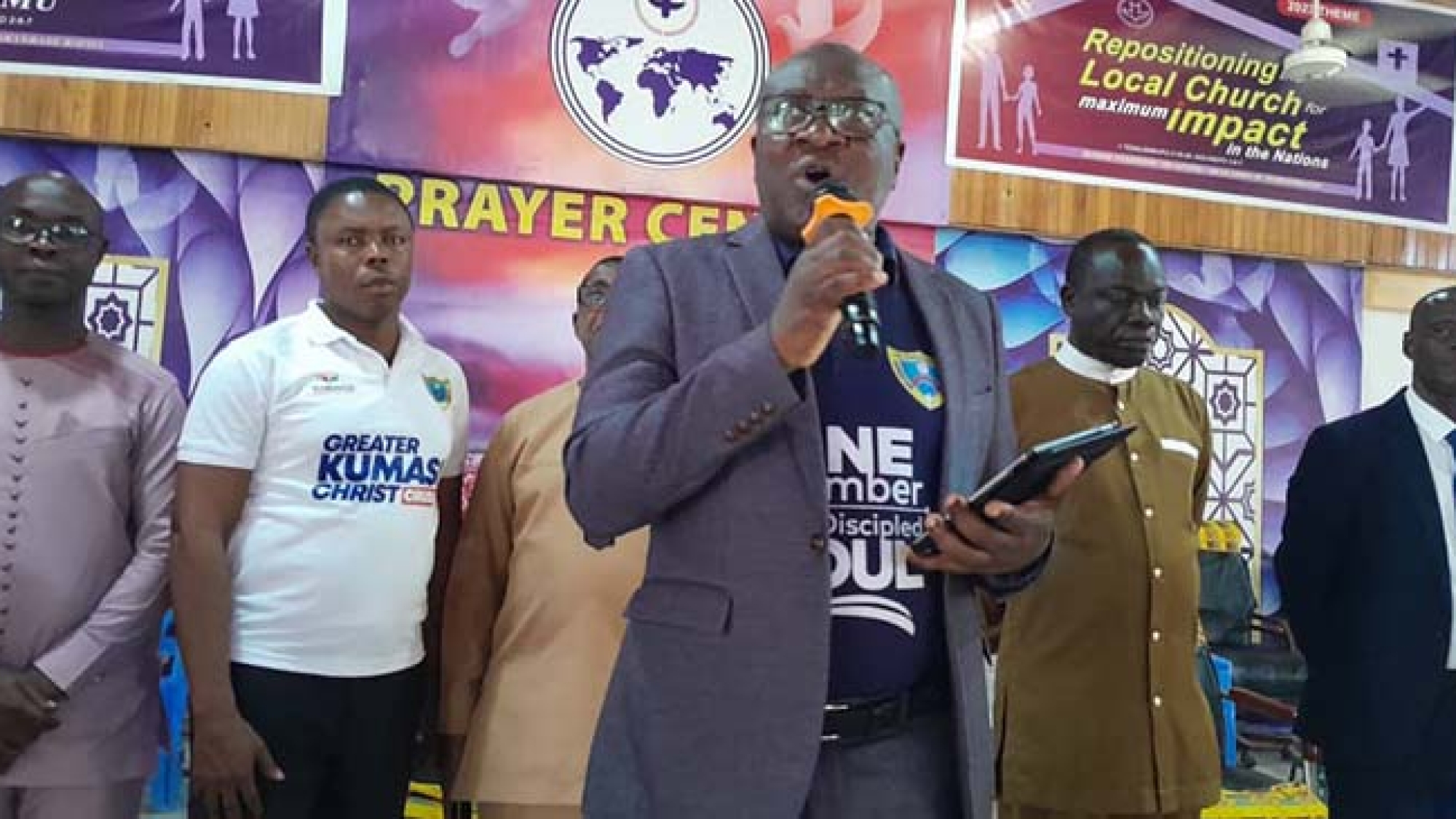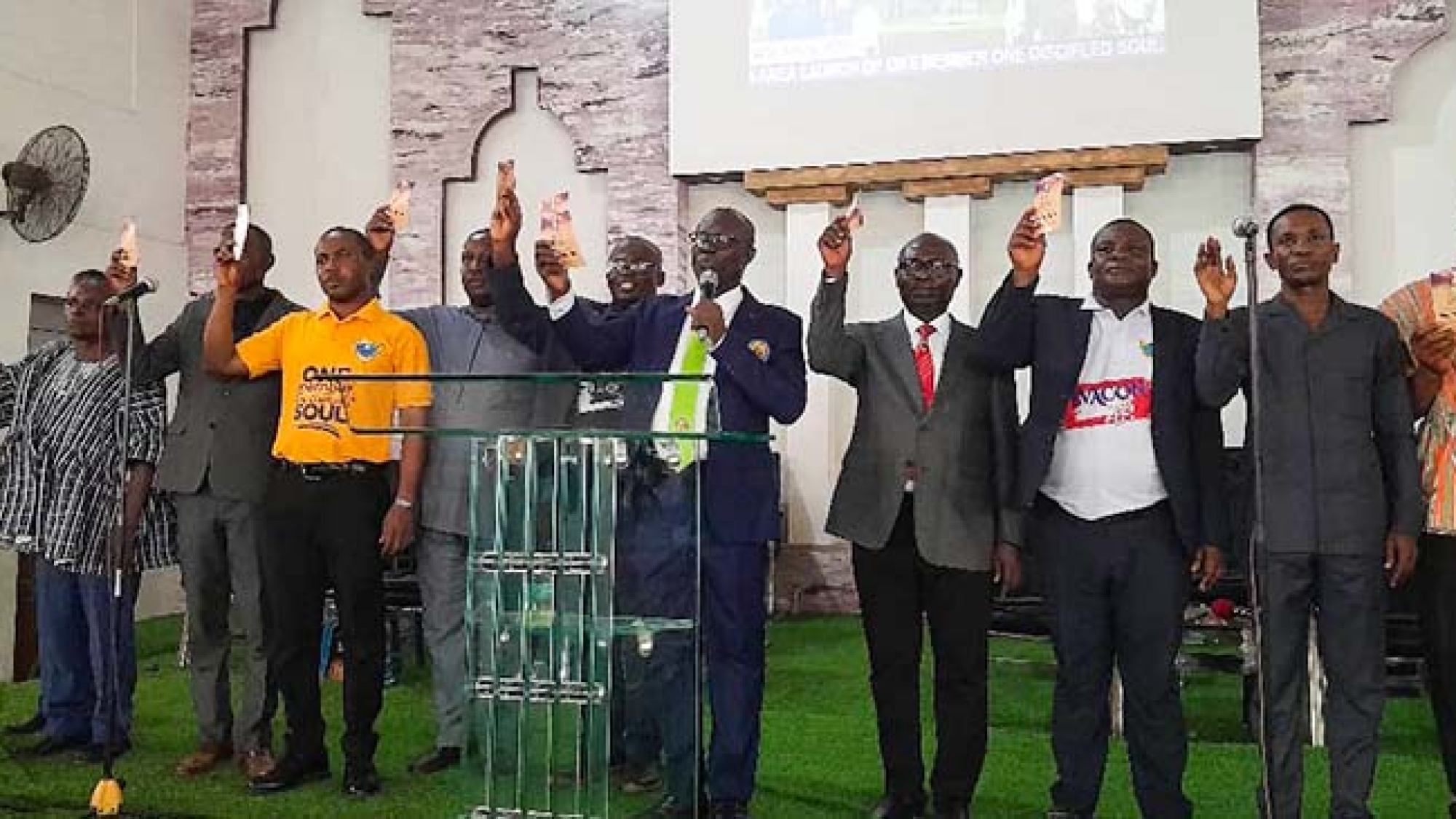INTRODUCTION: APOSTLE JAMES AND THE POWER OF PRAYER
The biblical teachings of Apostle James, specifically the passage from James 5:16 (NIV), unveil a profound truth about the efficacy of prayer: “…the prayer of a righteous person is powerful and effective.” This scriptural insight resonates deeply with many Christians who not only hold the Bible as the infallible word of God but have also encountered the tangible and miraculous results of their prayers. The core message of this verse is that prayer is not a futile or empty ritual; rather, it possesses inherent potency when offered by a righteous and faithful individual. It highlights the transformative nature of prayer when it emanates from a heart devoted to righteousness and faith.
For many believers, the verse from James encapsulates a lived reality. They have personally experienced the awe-inspiring outcomes of their prayers, ranging from profound healings to unanticipated promotions and divine protection. These real-life experiences reinforce their faith and validate biblical teaching. Such encounters with the miraculous power of prayer serve as a living testament to the truth of the scripture and provide a profound foundation for their unwavering belief in the divine efficacy of prayer.
However, it is essential to acknowledge that not everyone’s journey with prayer is marked by straightforward and immediate answers. There are individuals who, while accepting the truth of God’s word, confront the perplexing complexities of life, including persistent challenges and unanswered prayers. They grapple with the apparent disparity between the promise of powerful and effective prayer and the trials they face. This narrative explores the very essence of this struggle, using the story of an elder’s kidnapping to illustrate the intricate interplay between faith and prayer. It sheds light on the nuanced relationship between the biblical truth that “the prayer of a righteous person is powerful and effective” and the lived experiences of those who contend with hardships that seem to defy immediate resolution.
Through the lens of this narrative, the biblical truth that “…the prayer of a righteous person is powerful and effective” is not dismissed or weakened. Instead, it is reaffirmed as a guiding principle that continues to inspire hope and perseverance. The challenges and uncertainties that some individuals face serve as a backdrop against which the timeless truth of prayer’s potency shines even brighter.
The story demonstrates that while there may be moments of struggle and doubt, the power of prayer remains constant, offering solace, strength, and eventual resolution. It underscores the idea that, even in the face of life’s complexities, the promise of powerful and effective prayer remains a guiding light for those who seek divine intervention and reaffirms the unshakable belief that this scriptural truth endures.
THE KIDNAPPING OF ELDER EMMANUEL CUDJOE: AN UNFATHOMABLE INCIDENT
We received news on October 27, 2023, that a significant event had profoundly impacted Elder Emmanuel Cudjoe, who holds the position of National Deacon within The Church of Pentecost in South Africa. He was kidnapped during a church service in circumstances that remain shrouded in mystery. A video clip that went viral captured a chilling moment during the church service when a preacher abruptly ceased his sermon and fell to the ground, likely due to the command of armed robbers. Congregants, fearing harm, followed suit by taking cover, all during a worship service where the Word of God was being proclaimed.
The armed assailants seized money and valuables from some church members before abducting Elder Cudjoe, possibly with the intention of demanding a substantial ransom, as their initial motives had not been satisfied.
THE INCIDENT SPREADS LIKE WILDFIRE: IMMEDIATE COMMUNITY RESPONSE
Following the departure of the assailants, the churchgoers gradually regained their composure and began to piece together the events that had unfolded. Elder Cudjoe was missing, and it was obvious that the assailants had taken him. Concerned church members began calling out his name, recognising that he had been present when the gunmen entered the church. News of this tragic incident swiftly spread globally, capturing the attention of the church leadership in Ghana.
THE CALL TO PRAYER AND FASTING: A SWIFT RESPONSE
Upon learning of Elder Cudjoe’s abduction, the leadership of the church in Ghana sprang into action. Recognising the urgency of the situation together with other people facing similar challenges, they issued a fervent call to the entire congregation, urging them to unite in a collective effort to seek divine intervention through prayer and fasting . With immediacy, a three-day fasting and prayer announcement was disseminated within the church community.
THE POWER OF UNITY: AN EXTRAORDINARY RESPONSE
The response from church members was nothing short of extraordinary. Congregants from various regions, cities, and countries joined in unity, dedicating themselves to prayer and fasting for the safe return of Elder Cudjoe and other people facing similar challenges. This event underscored the unwavering support and solidarity of a tightly-knit church community during challenging times.
A MIRACULOUS RELEASE: DIVINE INTERVENTION UNVEILED
The culmination of this narrative can only be described as a miracle. Amazing news about Elder Cudjoe’s release from captivity spread rapidly and extensively on the evening of the first day of the announced fast. The timing was nothing short of miraculous, as it occurred mere hours after the commencement of the church’s period of fasting and prayer. This reminded me of Peter’s incident in Acts 12:1-11 where he was miraculously released from prison. The palpable joy and relief that swept through the Early Church is not different from our present day. The congregation reaffirmed their faith and belief in the potency of collective prayer.
LESSONS TO BE LEARNED: A TESTAMENT TO FAITH, UNITY, AND PRAYER
The story of Elder Cudjoe’s release offers poignant lessons: Faith Can Move Mountains
The deeply held belief that “the fervent prayer of the righteous availeth much” is not a mere platitude but rather a profound and guiding truth that encapsulates the unwavering faith of The Church of Pentecost. It signifies that faith is not a passive concept but a dynamic force capable of bringing about transformative change. In the context of the story of Elder Cudjoe’s release, this conviction was not just an abstract theological concept but a living reality that played out in the lives of the congregation.
Again, the phrase “the fervent prayer of the righteous availeth much” carries with it the idea that when individuals who possess righteous hearts and deep faith come together in prayer, their collective supplications have a significant impact. It reflects the understanding that prayer is not merely a ritualistic act but a powerful means of connecting with a divine force that has the ability to bring about tangible results.
In the face of the distressing situation involving Elder Cudjoe’s kidnapping, the unwavering faith of The Church of Pentecost was not shaken; instead, it was reaffirmed. This incident served as a real-world testament to the potency of faith in action. It demonstrated that, even in the most challenging and dire circumstances, the power of faith can surmount obstacles that might seem insurmountable to others.
It can be identified that the church’s faith was not passive but active, prompting them to turn to prayer as a means of seeking divine intervention. In doing so, they exemplified the understanding that faith is not detached from action but rather spurs individuals and communities to act in alignment with their beliefs. This faith, which can “move mountains,” signifies a dynamic force that can overcome the most daunting of challenges and pave the way for miraculous outcomes.
This incident served as a powerful reaffirmation of this guiding truth, not only for the church members but also for anyone who encounters this remarkable story. It illustrates that faith, when unwavering and actively applied, can indeed move mountains and bring about incredible, life-altering results, even in the face of seemingly insurmountable odds.
UNITY IN TIMES OF ADVERSITY
In the narrative of Elder Cudjoe’s safe release, the unity and unwavering support of the church community emerge as central themes. This unity is not merely a passive concept but a dynamic force that played a pivotal role in this harrowing situation. It demonstrated the profound impact that a closely-knit church can have, serving as a wellspring of strength during times of crisis.
The unwavering support of fellow church members provided more than emotional solace; it became a tangible source of hope and resilience, ultimately influencing the outcome of the predicament.
Again, at its core, this unity was a product of a shared sense of purpose and a deep-seated connection among the members of The Church of Pentecost. In moments of crisis, this shared purpose became a driving force that brought the community together. Members were bound by their mutual care and concern, ensuring that no one felt alone or isolated in their distress. This communal approach fostered an environment of compassion and empathy, where every member of the congregation shared in the burden of Elder Cudjoe’s situation, providing vital emotional support.
Also, the unity within the church community was more than symbolic; it was a source of remarkable resilience and determination. Members drew strength from one another, reinforcing their commitment to the cause—praying fervently for the safe return of Elder Cudjoe.
This wellspring of strength empowered the congregation to remain steadfast in their faith and their collective endeavour to seek divine intervention. It was this unity that allowed them to mobilise their resources and coordinate their actions effectively, facilitating a collective prayer and fasting effort that transcended geographical boundaries.
Finally, the pivotal role of unity in this narrative serves as a testament to the extraordinary power of a church in times of adversity. It demonstrates that unity is not a mere abstraction but a practical force capable of influencing the outcome of challenging situations. In a world often characterised by division and individualism, this story offers a compelling reminder of the strength that can be harnessed when people come together with a shared sense of purpose. It illustrates the profound impact that unity can have in fostering resilience, empathy, and hope during times of crisis, making it a wellspring of strength that can overcome even the most daunting challenges.
THE POWER OF COLLECTIVE PRAYER
The remarkable timing of Elder Cudjoe’s release, occurring just as the collective prayer and fasting began, is a testament to the profound impact of a church when they come together in supplication. This synchronicity is not a mere coincidence but a powerful demonstration of the efficacy of collective prayer. It reinforces the belief that when a community unites with a shared sense of purpose and faith, their prayers can yield extraordinary and almost immediate results.
This remarkable alignment of events serves as a tangible reminder of the dynamic force that faith-based communities can generate when they come together to seek divine intervention.
The simultaneous release of Elder Cudjoe and the commencement of collective prayer illustrate the potency of unified faith. When individuals within a church join their hearts and minds in prayer, they tap into a source of collective spiritual energy that transcends individual efforts. This shared faith creates a powerful resonance that reaches a crescendo when the community prays in unison. The release of Elder Cudjoe can be seen as the tangible manifestation of this shared faith, demonstrating that when a church aligns its intentions and beliefs, they can influence the course of events in profound and unexpected ways.
The extraordinary timing of Elder Cudjoe’s release bolsters belief in the transformative power of prayer, not as an isolated individual act but as a communal endeavour. This miraculous outcome reaffirms the conviction that collective prayer can produce tangible and immediate results, even in the face of seemingly insurmountable challenges. It serves as a real-world example that inspires and strengthens the faith of not only the church members involved but also anyone who encounters this story. This extraordinary event demonstrates that the collective prayers of a church can create a ripple effect of positive change, underscoring the profound impact of united supplication within a religious context.
CONCLUSION: THE SUCCESS OF FAITH AND COLLABORATIVE PRAYER
The remarkable release of Elder Cudjoe from the clutches of armed robbers stands as a testament to the enduring power of faith and the efficacy of prayer. This narrative, shared by The Church of Pentecost, reinforces the belief that the fervent prayer of the righteous truly avails much. It serves as an inspiring example of the strength that unity within a church can bring, offering hope in the face of adversity. In a world riddled with uncertainty, this story reminds us of the extraordinary outcomes that are possible when a community comes together in earnest prayer, seeking divine intervention.
Written by Pastor Emmanuel Forster Asamoah (Abasraba District)





